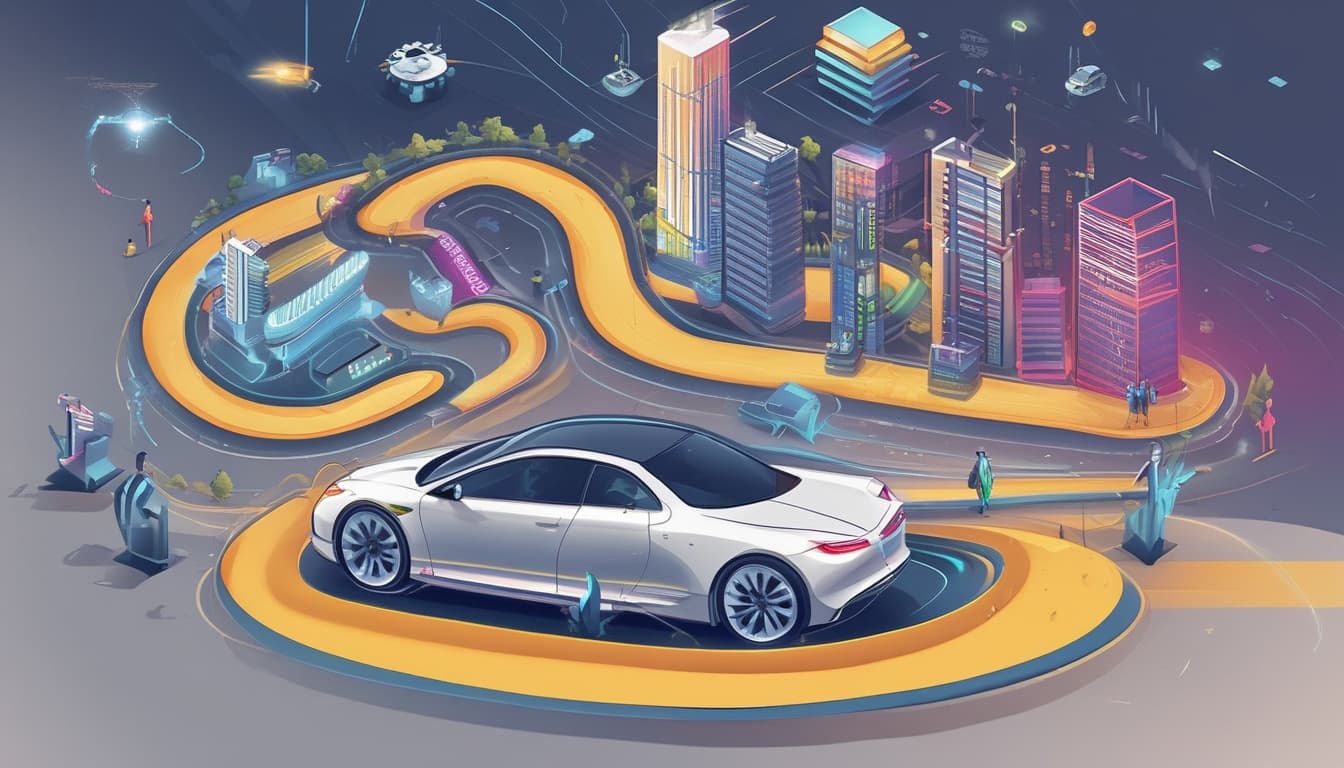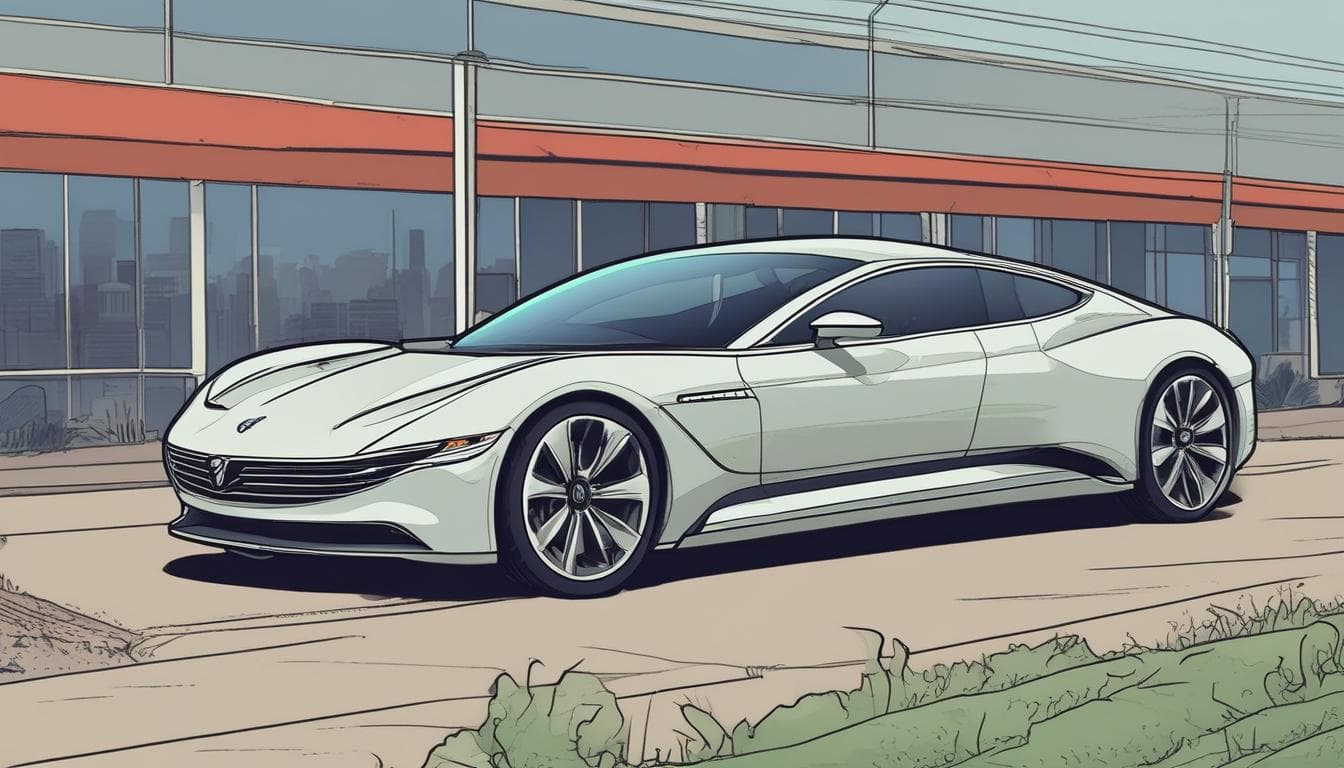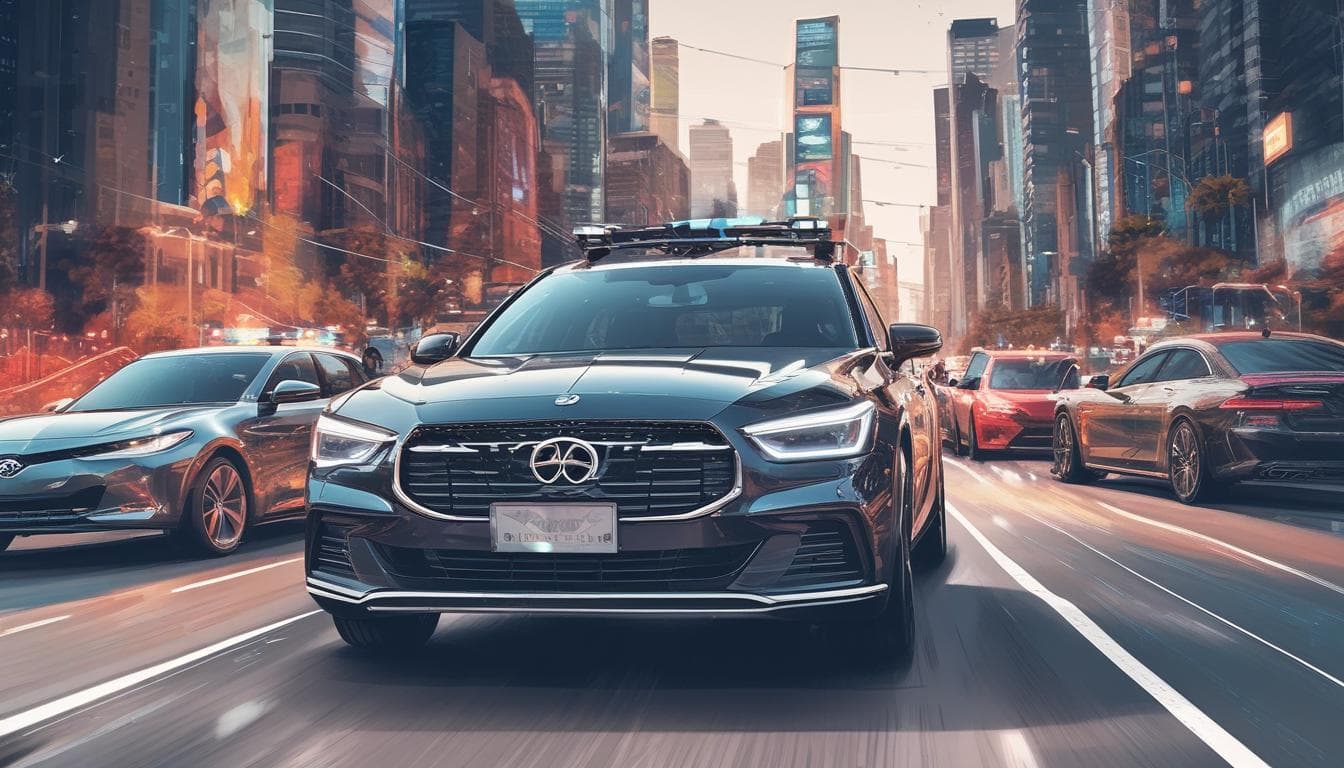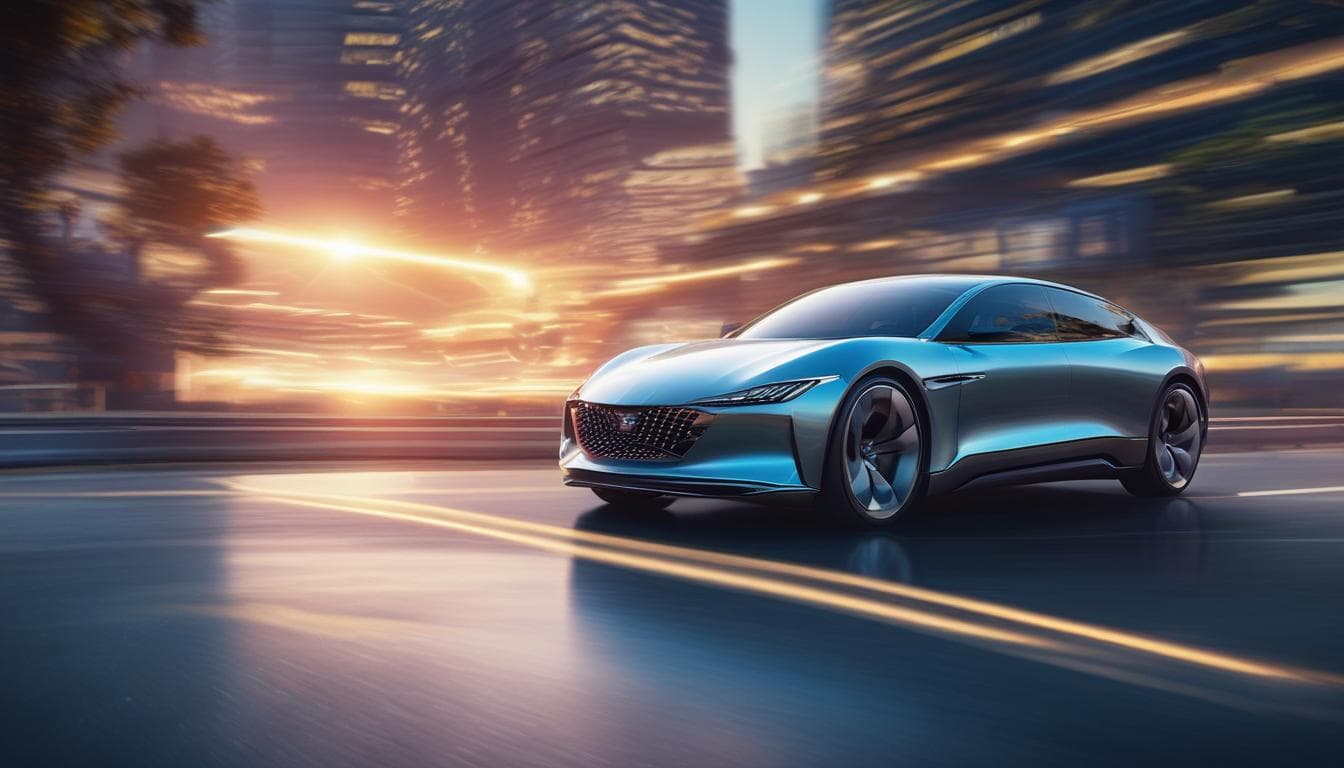Fast forward 100 years: today's cutting-edge EVs and AI-integrated vehicles are relics. How will future enthusiasts or historians approach understanding, restoring, or even ethically 'hacking' these complex machines? What unique skills, tools, or digital forensics techniques would be essential for this 'digital automotive archaeology', and what forgotten stories might these vehicles tell about our current era?
That's a fascinating thought experiment! Projecting 100 years into the future, the challenge of understanding and interacting with today's EVs and AI-driven cars will be immense. I imagine a whole new field emerging: 'Digital Automotive Archaeology'.
Here are some skills and techniques I think would be crucial:
- Reverse Engineering Experts: The ability to decipher proprietary software and hardware will be paramount. Think of it as cracking the Enigma code, but for car operating systems. They'd need to be adept at understanding legacy code, possibly using AI to assist in translation and debugging.
- Data Forensics Specialists: Retrieving and interpreting data from potentially degraded or obsolete storage mediums (think solid-state drives from today) will be key. This includes understanding data structures, encryption methods, and data recovery techniques. Imagine trying to piece together a car's driving history from fragmented data!
- Materials Scientists with a Digital Focus: Understanding the degradation of modern materials (composites, specialized alloys, etc.) in conjunction with the effects of long-term data storage on embedded systems will be critical. They'll need to analyze both the physical and digital aspects of the vehicles.
- Ethical Hackers: Gaining access to and manipulating the vehicles' systems without causing harm or violating ethical boundaries. This requires a deep understanding of cybersecurity and a commitment to responsible exploration. As discussed in The Cybersecurity Imperative: Protecting Connected Vehicles from Emerging Threats, security is a constant arms race, and future generations will need to understand the vulnerabilities of our current systems.
- AI Whisperers: If AI continues its trajectory, future archaeologists might need to 'negotiate' with or understand the logic of the AI systems embedded in these vehicles. This could involve analyzing the AI's training data, its decision-making processes, and its interactions with the driver and environment.
As for the stories these vehicles might tell, I think they'll offer a glimpse into:
- Our Relationship with Technology: How reliant were we on automation? What were the ethical considerations surrounding AI in vehicles? What compromises did we make in terms of privacy and security for convenience?
- Our Environmental Concerns: What fuel sources were prevalent? How efficient were our vehicles? What materials were used, and were they sustainable? The future could judge our success in driving sustainability through the circular economy.
- Our Social Values: What did our cars say about our status? How did we use them to connect with others? What were our driving habits like? Did we embrace car sharing or cling to individual ownership?
It's a compelling idea. These future 'digital automotive archaeologists' will be part historian, part engineer, and part detective, piecing together the story of our era through the artifacts we leave behind.
이 주제에 대해 더 알아보기
대화에 참여하기
- 자율주행 시대, 자동차의 '영혼'은 어떻게 진화할까?
자율주행 시대, 자동차는 단순한 이동 수단을 넘어 AI 기반의 '움직이는 공간'으로 진화합니다. 하지만 전통적인 자동차의 '영혼'과 운전의 즐거움은 어떻게 될까요? 미래 자동차와 인간의 감성적 유대감, 그리고 자동차의 의미 변화에 대한 깊이 있는 통찰을 나눕니다.
- 자율주행 시대, 자동차의 '디지털 영혼'은 어떤 가치를 가질까요?
자율주행 시대에 자동차가 단순히 폐기되는 것을 넘어, 축적된 주행 데이터와 개인 정보를 보존하는 '디지털 아카이브'로 진화할 가능성을 탐구합니다. 차량의 '디지털 유산'이 가져올 새로운 가치와 미래 모빌리티의 방향성에 대해 함께 토론해 보세요.
- 자율주행 시대, 운전자의 새로운 역할과 미래 모빌리티 라이프스타일
완전 자율주행 시대, 자동차가 단순한 이동 수단을 넘어 지능형 공간으로 진화할 때 운전자의 역할은 어떻게 변화할까요? 미래 모빌리티 라이프스타일 전문가로서 필요한 새로운 기술과 상호작용 방식에 대해 심층적으로 탐구합니다.





